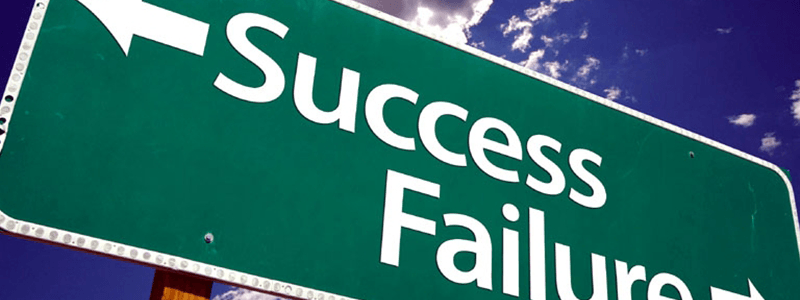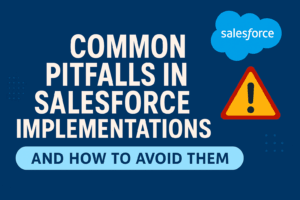BLOG
Own your Mistakes: Failure is the Road to Success
Humans are inherently adaptive. Whenever we are faced with a challenge we are able to solve, we become better at solving similar challenges. However, despite our best efforts, we’ll eventually encounter a problem we can’t work out. So what happens when we are faced with the fear of failure or worst: failure itself.
Different people react in different ways to failure. People may often deny its presence by blaming it on things beyond their control or simply not admitting that they are wrong. But others see failure in a much more positive light: as a commodity that, when managed right, can turn into a brilliant opportunity.
In this difference lies the gap between people who are willing to settle, and people who still strive for success in the face of failure.
Dealing with defeat and being resilient to it is one of the best skills we can develop throughout our lives.
Fear of Failing in Business
When it comes down to your fear of failing in business, this is just natural. But it’s not a good excuse for not pursuing your goals!
Take it as it comes, accept it. Always have an exit strategy if things go south! Yes, it’s okay to “plan for the worst” as this will give you structure. We call this calculated risk.
You’ve got to understand that when you are highly invested in a project you may get emotional. Cool down and wise up, you are not alone in this boat.
Win the fear game, one failure at the time
Admit your mistakes
Own it. You can’t keep blaming external factors forever. You have to acknowledge that mistakes can sometimes be unavoidable. But without acknowledging the mistakes we make, we’re depriving ourselves of our ability to learn from them. The next time things don’t go your way, try to objectively see what you may have done to bring about that outcome. If you could have done something to prevent failure, keep it in mind for the future.
Every blunder is a learning experience
Whether it’s by keeping a journal or by making a mental note, it’s important to remember the situations where you’ve made a mistake. Later on, find the time to review them one by one. By reviewing each scenario, you may find the behaviours that led to failure.
It can be as obvious as impulsive decision making or more covert like certain biases that indirectly affected your decisions. Once you’ve seen a trend, you can learn how to break the pattern and prevent future mistakes.
“See failure as a road, instead of a wall”
This is a quote from Scott Adams, the creator of the popular comic Dilbert. Just because you failed at one important task, that doesn’t mean you have to drop everything and give up. Mistakes are there to teach you valuable lessons about how you could have handled a situation better. Through trial and error, and by rethinking your preconceived ideas you can learn which solutions could yield the best results.
Avoid fear of failure paralysis: don’t worry too much about making a mistake
The more you fear failure, the harder it becomes for you to admit to it and learn from it. This fear keeps us from trying new things and exploring other opportunities.
It can also become so paralyzing that making simple decisions become too stressful. Think of every endeavour, whether successful or unsuccessful, as an experiment. So even if you didn’t get the result you wanted, still won’t come out empty handed.
Many –if not ALL– successful people have mastered the art of handling mistakes and turning them into constructive experiences. That’s why they’ve allowed themselves to take bigger risks with greater rewards. With a better view on mistakes, you too can have the same potential to succeed. Remember to keep trying, and to not be too hard on yourself.
Tell us, which fear is pulling you down in your business?
Good luck!














